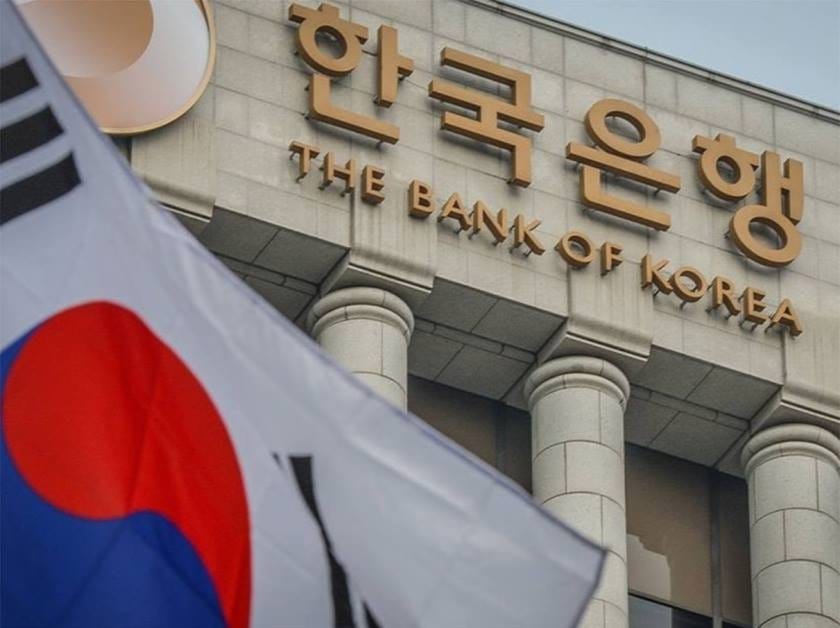South Korea's Household Debt Surge
South Korea's household debt has once again become a focal point of economic concern, with recent data revealing a significant surge in household loans. The upward trend has continued into July, raising alarm bells among financial regulators and economists alike.

This article is part of Focus on Korea's continuing series on South Korean society.
South Korea's household debt has once again become a focal point of economic concern, with recent data revealing a significant surge in household loans. Since April 2024, the country has witnessed a steady increase in borrowing, culminating in a record-breaking jump of 5.3415 trillion won in June. This upward trend has continued into July, raising alarm bells among financial regulators and economists alike. The situation has brought the longstanding issue of South Korea's high household debt-to-GDP ratio back into the spotlight, with the country consistently ranking among the top nations globally in this metric. As of the latest available data, South Korea's household debt-to-GDP ratio stood at 98.9% in the first quarter of 2024, down from its peak of 105.5% in early 2022 but still significantly higher than many other developed economies.
The current surge in household loans is not an isolated incident but rather the latest chapter in South Korea's complex relationship with household debt. Historically, the country has relied on credit-fueled growth, with household borrowing playing a crucial role in driving domestic consumption and the real estate market. This approach has contributed to South Korea's rapid economic development but has also left the economy vulnerable to potential shocks. The risks associated with high household debt levels include increased financial instability, reduced consumer spending capacity, and potential drag on long-term economic growth. As such, the management of household debt has become a critical balancing act for policymakers, involving key stakeholders such as the government, financial regulators, banks, and individual borrowers.
The second stage of the Stress Debt Service Ratio (DSR) regulation, initially scheduled for July 2024, was postponed by two months. This delay has created a window for borrowers to secure loans under the existing, more lenient rules.
Several factors have converged to drive the recent surge in household loans. Perhaps most significantly, there has been a growing expectation of potential interest rate cuts in the near future. This anticipation has led many borrowers to take advantage of what they perceive as a closing window of opportunity for favorable loan terms. Simultaneously, there has been a noticeable recovery in real estate market sentiment, particularly in the Seoul metropolitan area. According to data from the Seoul Real Estate Information Plaza, apartment transactions in Seoul have been steadily increasing, with January 2024 seeing 2,563 transactions, a significant jump from December 2023's 1,824 units.